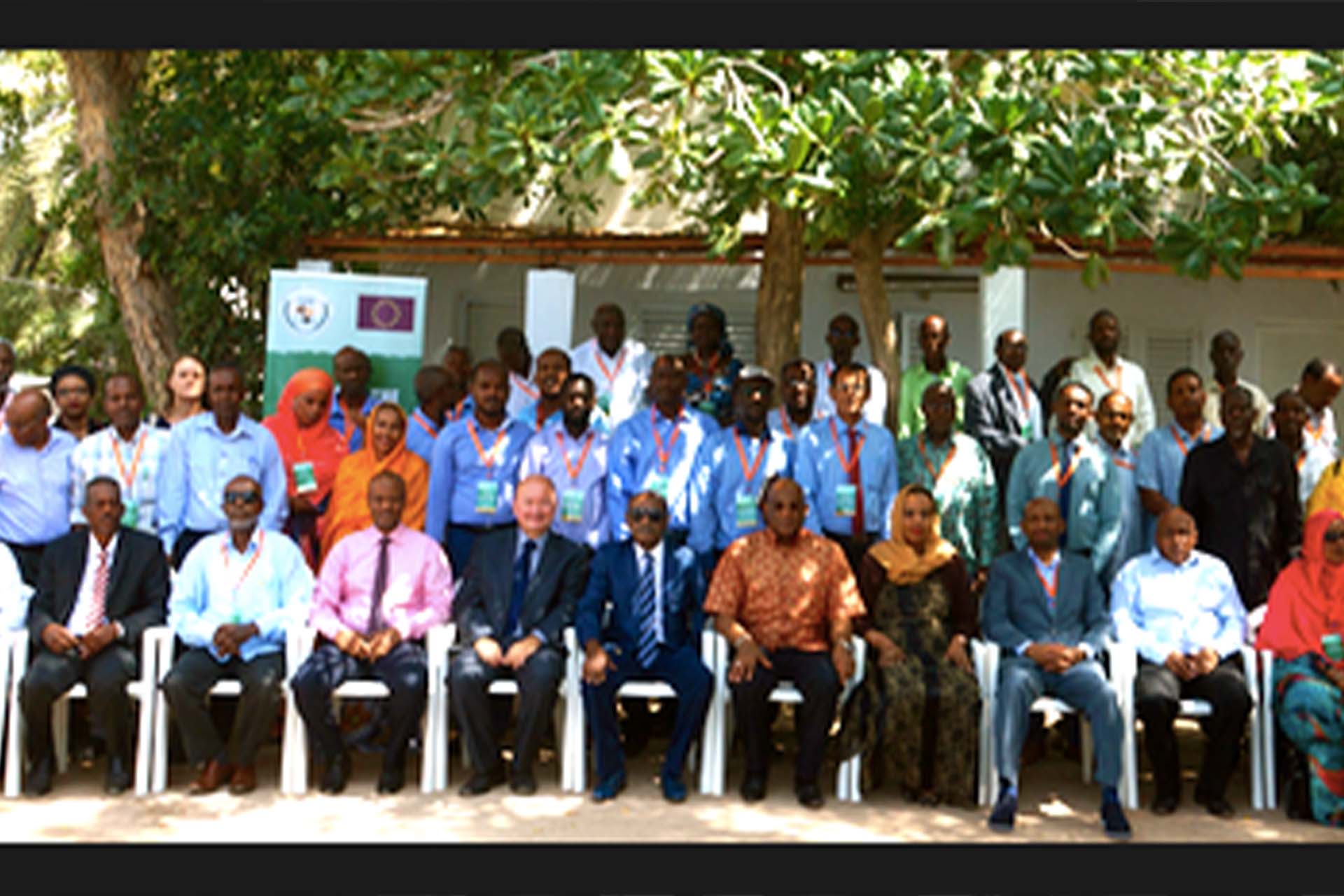
The Minister of Interior in his opening remarks expressed his satisfaction to see the national consultations on the Protocol on Free Movement of Persons brought to the Republic of Djibouti after five other IGAD Member States. He underlined that around 500 irregular migrants enter Djibouti every day as they are trying to cross over to the Arab Gulf States and put pressure on the local resources. “This is one of the reasons I am urging each and every participant to focus and consider the advantages and disadvantages in relation to the implementation of this Protocole”, he said.
Ms Fathia Alwan highlighted that this concept of a free movement protocol also had other advantages “such as better sharing of water and pasture resources, or increased opportunities for access to basic social services, particularly for the many transhumant pastoralist populations and communities in outlying geographical areas”.
She added that IGAD attached great importance to the observations and analysis from the national Experts in Djibouti, and throughout the consultations at other Member States, for the region to be endowed with a free movement of persons protocol that will create a secure and legal environment.
Amb. Kulach reminded the audience that Djibouti was a transit country and that the national contribution to the Protocol was to be a significant one. He noted that implementation of free movement of persons was a challenge as much it presented opportunities for the economic growth in the region.
Specific objectives of the National Consultative Workshop are:
- To gather information on Benefits and Barriers to Free Movement of Persons in IGAD Region;
- To generate national recommendations towards the Provisions of the Protocol on Free Movement of Persons in the IGAD Region.

